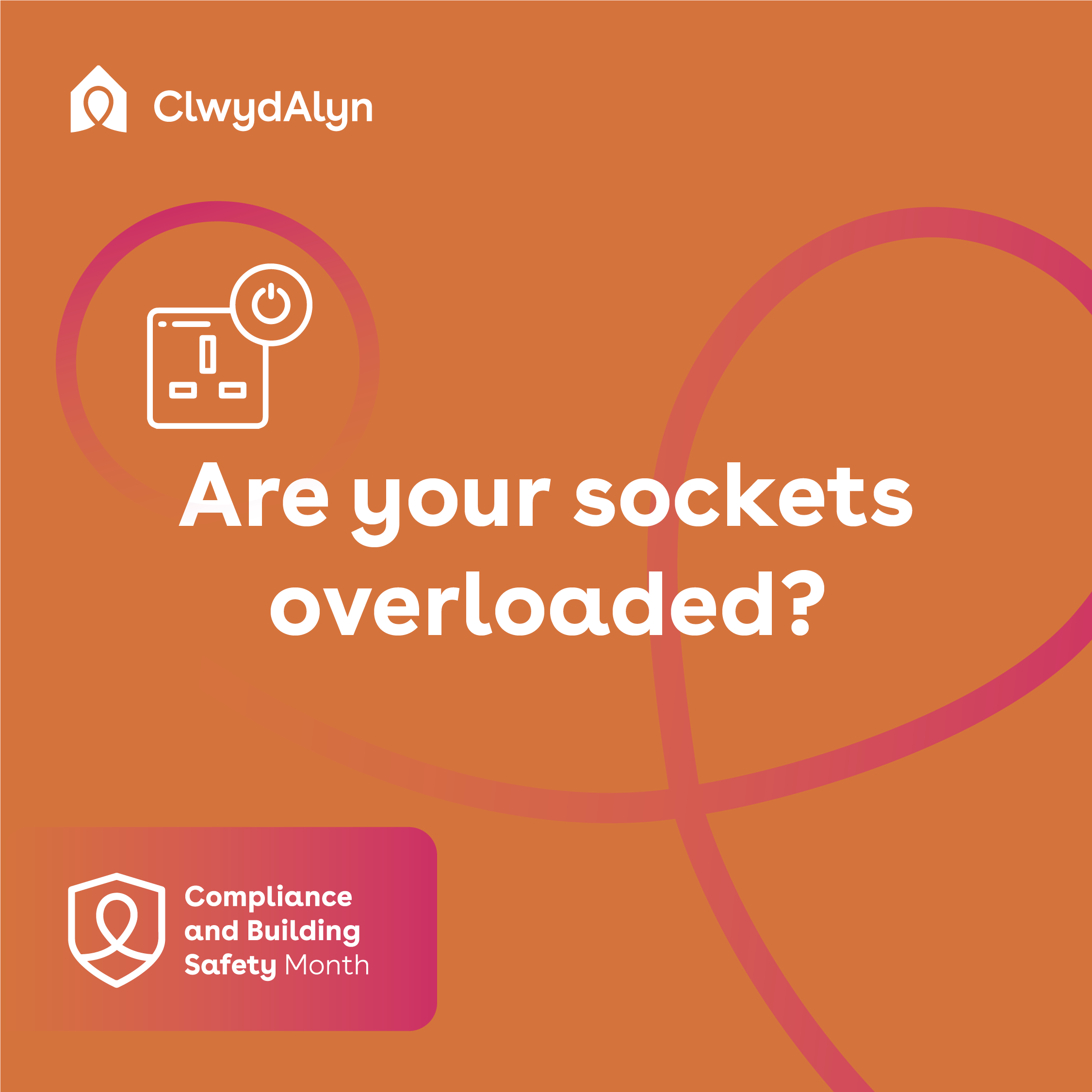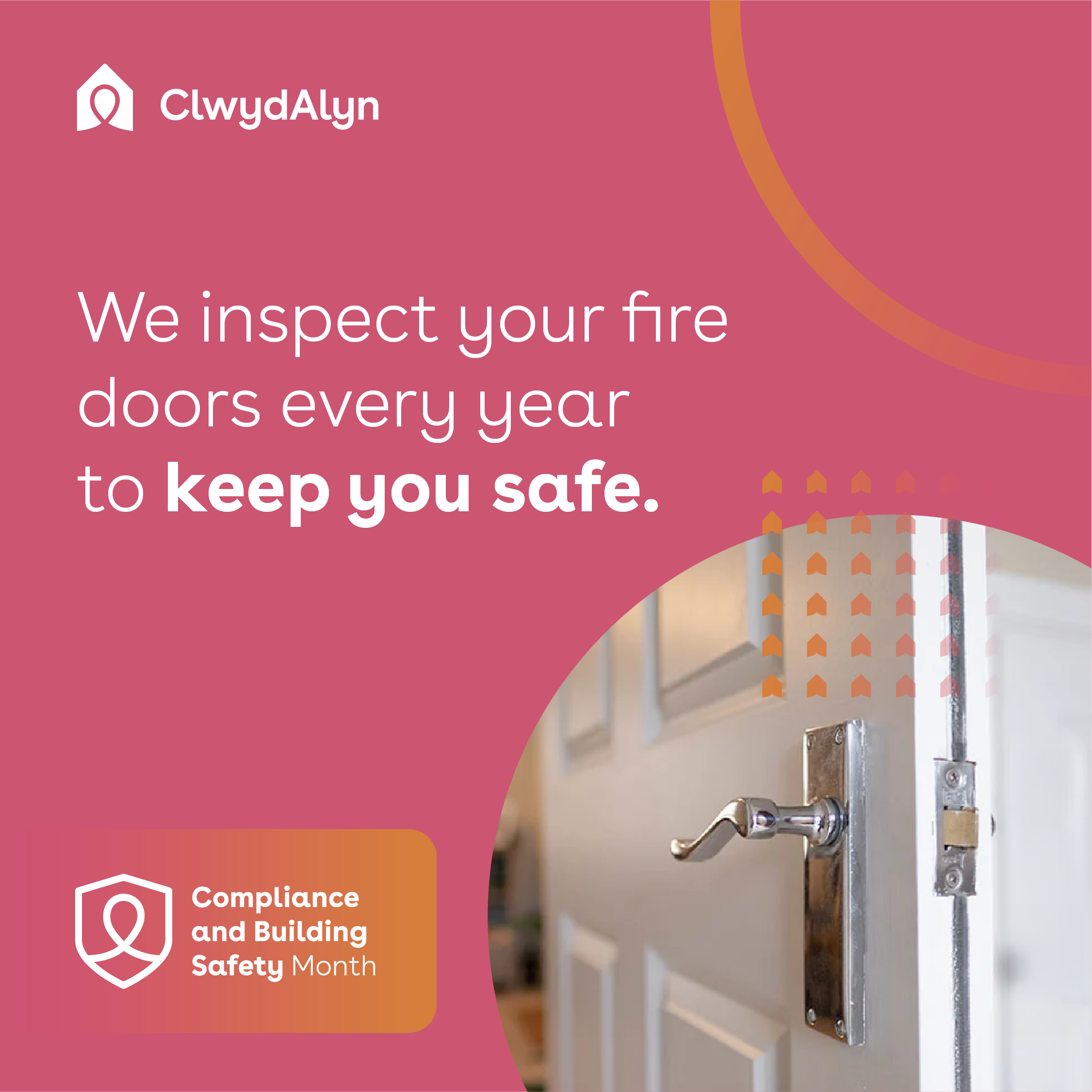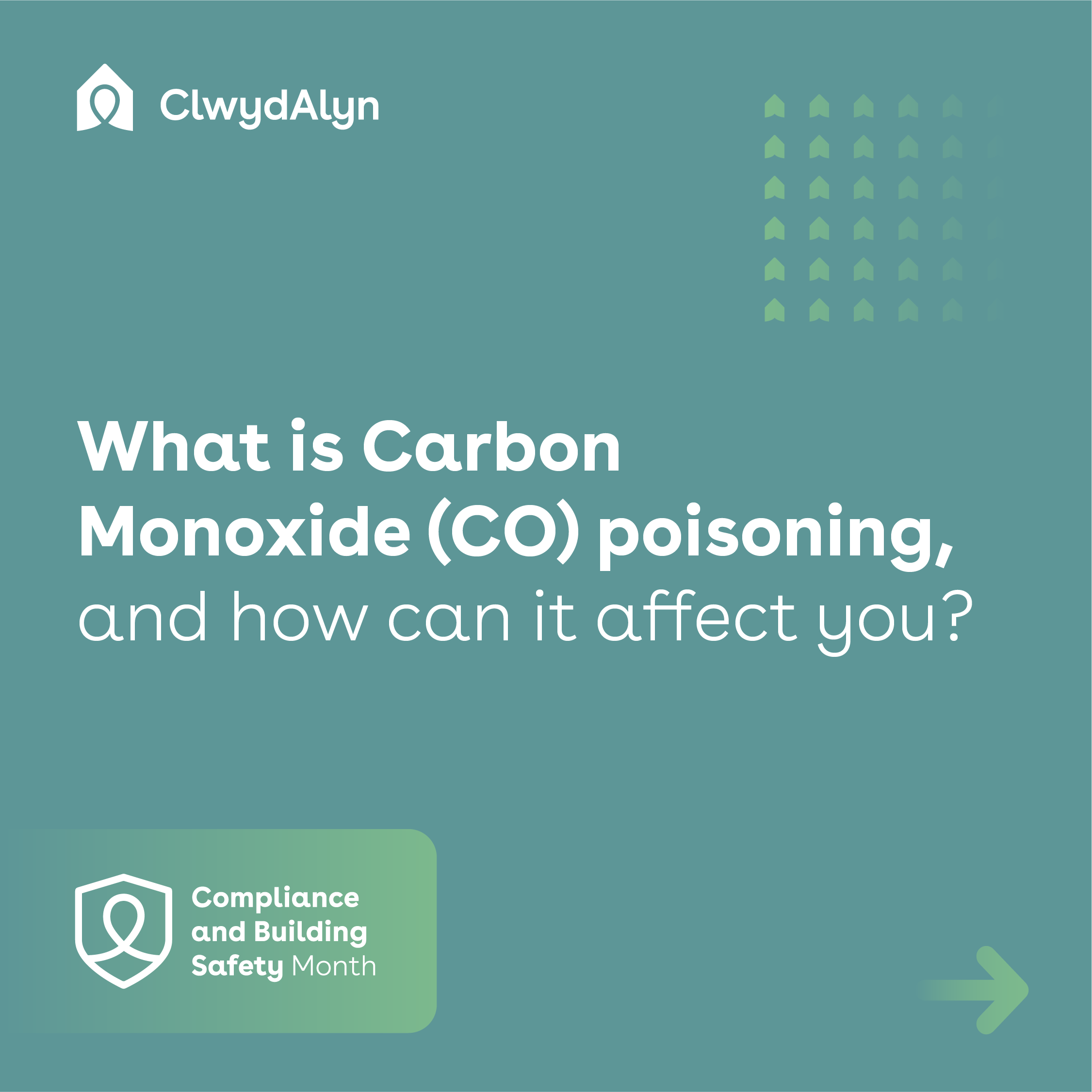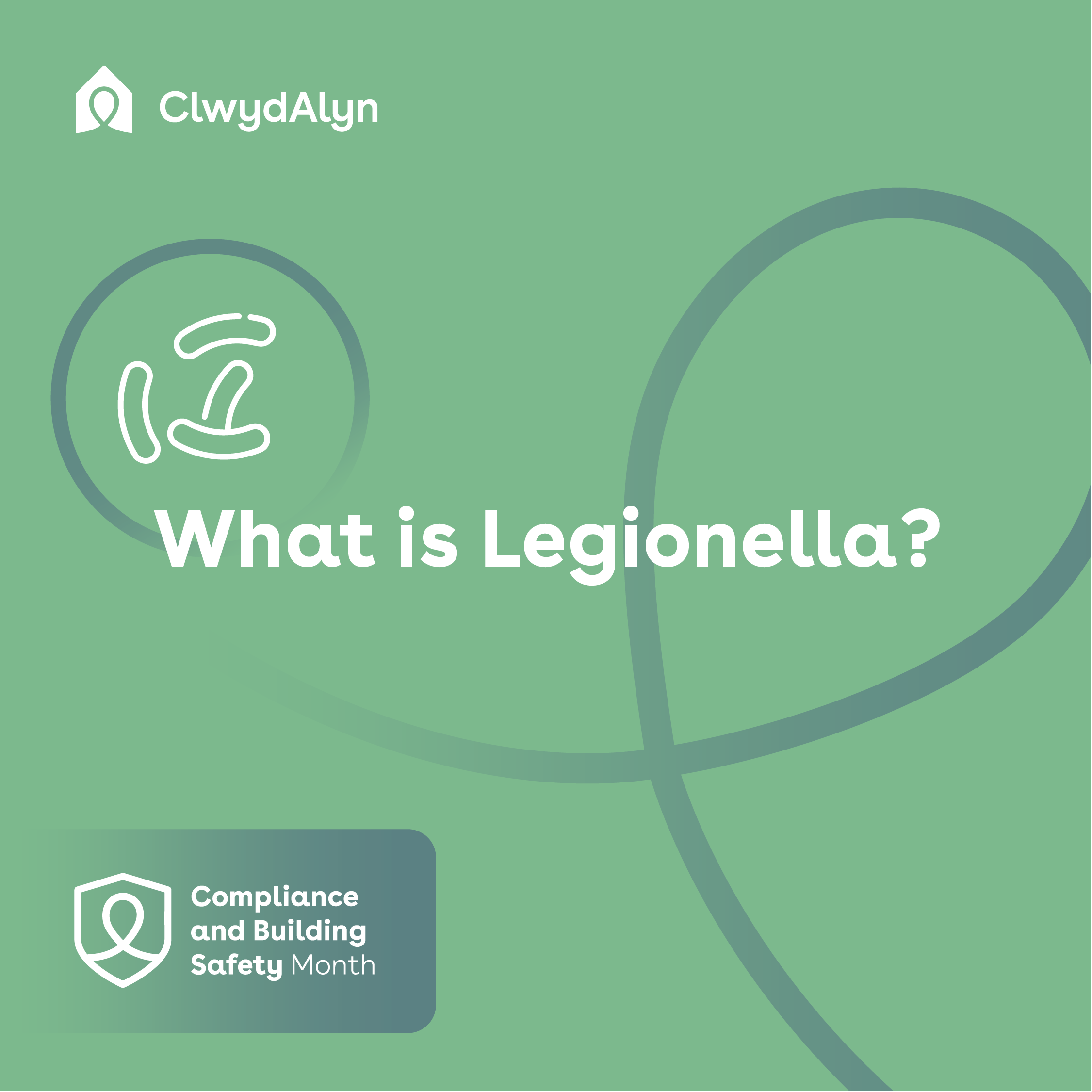Compliance and Building Safety
Our dedicated Compliance and Building Safety team work hard to ensure that your homes meet the highest safety standards. Their responsibilities cover a wide range of compliance areas to keep every building safe.
- Electrical Safety
- Fire Safety
- Gas Safety
- Asbestos in the Home
- Legionella Compliance
Here’s everything you need to know to maintain your homes safely in between our routine visits.
Electrical Safety
Electrical safety, covers topics such as:
- Electrical safety in the home
- Overloading sockets
Our team carries out electrical safety inspections of properties at least every five years, depending on the age and condition of the electrics. However, it’s also important for you to know how to conduct simple electrical checks at home in the meantime.
Tips for Electrical Safety in the Home

Avoid Overloading Sockets


Fire Safety
Here is essential guidance on fire safety:
- What to do in the event of a fire.
- How to maintain domestic sprinkler systems.
- Arranging appointments for annual fire door inspections.
Being responsible around fire is a key part of maintaining home safety. Watch the video below for more information on testing fire detection systems and planning an escape route.

Dragon's Fiery Tale


Maintaining Sprinkler Systems:
Sprinkler systems have been mandatory for new and converted properties built in Wales since 2016. They require annual service checks to function correctly. One common problem we find is painted-over sprinkler heads. Please avoid painting the sprinkler cap, as this can prevent it from working when needed.

Fire Door Safety:


Gas Safety
It’s crucial for you to understand the importance of our annual gas boiler checks. During this week, we’re focusing on:
- Why these annual checks are necessary.
- What to expect during these checks.
- Raising awareness of carbon monoxide (CO) poisoning.
Watch our video for more details on why we carry out these checks and what to expect.

Carbon Monoxide Awareness:


Asbestos in the Home
Asbestos Awareness:
Asbestos is safe when undisturbed but can pose serious health risks if damaged. To help you identify and manage potential asbestos in your home, we’ve created a video that covers:
- What asbestos is.
- Where it can be found in homes.
- What to do if there’s suspected asbestos.
For more information on asbestos in older properties, click here: Asbestos Safety Guide.

Legionella Compliance


Your safety is our top priority.
We hope these tips are useful and help you stay safe between regular compliance checks.






